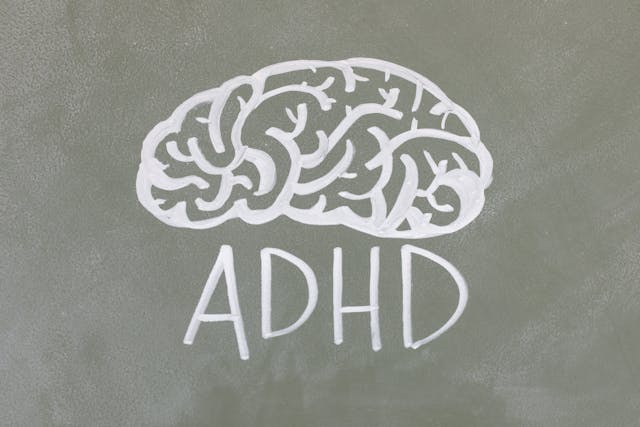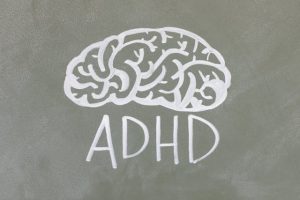
Can ADHD Be Managed without Medication?
Some connected trends are happening around attention deficit hyperactivity disorder (ADHD). Since more folks are aware of this condition, more folks are getting tested. The rise in testing has resulted in a rise in ADHD diagnoses. In turn, the number of people being prescribed medication for ADHD is also on the rise.
Medication can be helpful, but it can also bring about side effects and questions about efficacy. Therefore, more and more people are exploring alternative options like those listed below. This doesn’t mean anyone should take it upon themselves to forego medication. Rather, it’s an important addition to anyone’s quest to manage ADHD and its diverse symptoms.
4 Ways ADHD Might Be Managed without Medication
1. Monitoring Your Diet and Digestion
Your eating habits can very much influence how ADHD manifests in your life. What happens in your gut is closely associated with what happens in your brain. The food you choose to eat — and how well it is absorbed — can help shape whether or not neurotransmitters can effectively regulate your focus and mood.
For example, people who maintain a diet of whole, unprocessed foods more frequently display better organizational and cognitive skills. This streamlines your life in general. If you have ADHD, such skills can make a huge difference in the quality of everyday life.
Two steps to consider:
- Find out if you have food allergies. Allergens contribute to the kind of nutritional deficiencies and malabsorption that cause mental distress. Talk to your medical team about getting tested.
- Trade “excitotoxins” for antioxidants. Manmade additives like artificial colors and sweeteners are known as excitotoxins because they have a tendency to increase hyperactivity. Meanwhile, the whole foods mentioned above deliver valuable antioxidants that help to counteract the chemicals running rampant in processed food.
As an added bonus, when you take charge of your eating habits, you feel more in control — a valuable balance for anyone with ADHD.
2. Safeguard Your Sleep Routine
Healthy, consistent sleep patterns are good for everyone. But, of course, anyone struggling with a disorder that causes sleep disturbances must prioritize this aspect of their life.
Left unchecked, ADHD will impact sleep habits. Hence, people who take active steps to regulate their sleeping and waking times will most likely experience some relief from ADHD symptoms. This could be the difference between needing medicine or not.
3. Neurofeedback Treatment
The human brain is a beautifully resilient organ. It can be re-trained to function more efficiently and that’s where a noninvasive treatment like neurofeedback can be useful for folks with ADHD. Studies find that this short-term therapy can bring about positive results like:
- Sharper concentration and focus
- A reduction in distractibility
- Increased impulse control
- Enhanced executive function
Such outcomes may arise in 20 sessions or less — all without the introduction of medication.
4. Good, Old-Fashioned Sun and Fresh Air
Your mind and body very much crave being outdoors. Ideally, this means getting active outdoors in a place where fresh air, sunlight, and nature are in abundance. In recent years, people have been indoors more than ever. If you have ADHD, this is especially detrimental. In other words, by finding ways to be outside for part of every single day, you’re setting yourself up to have fewer symptoms and more positive energy
Therapy Is Always a Vital Option
The foundational, non-medication plan for ADHD is therapy. It’s a proven path to learn more about the disorder and how it is impacting you in particular. An experienced therapist will also guide you when it comes to seeking natural, alternative options for symptom relief.
If you’re contemplating new approaches to managing ADHD, I invite you to get in touch to learn more.





